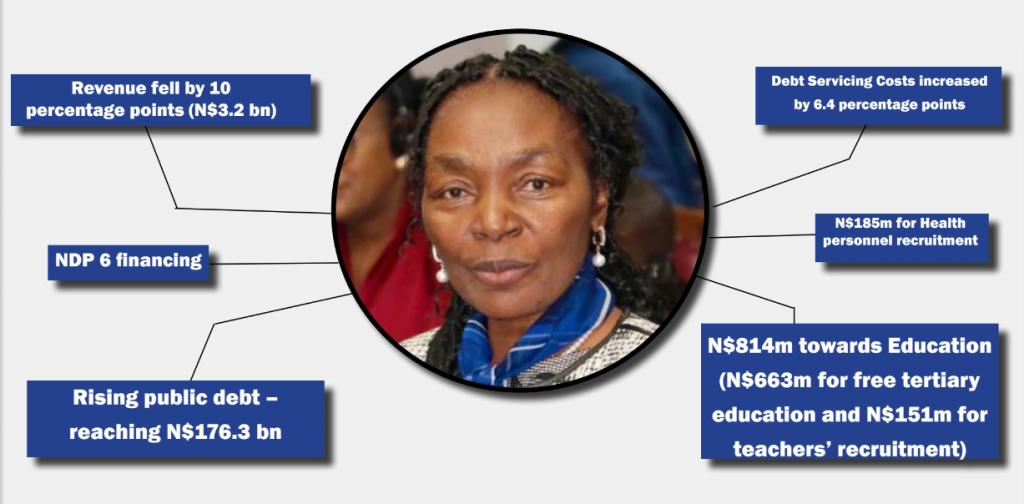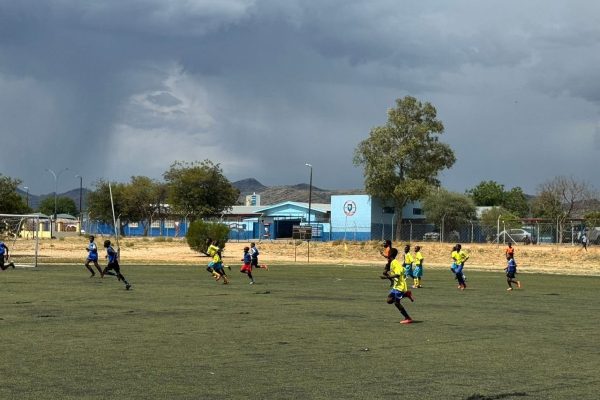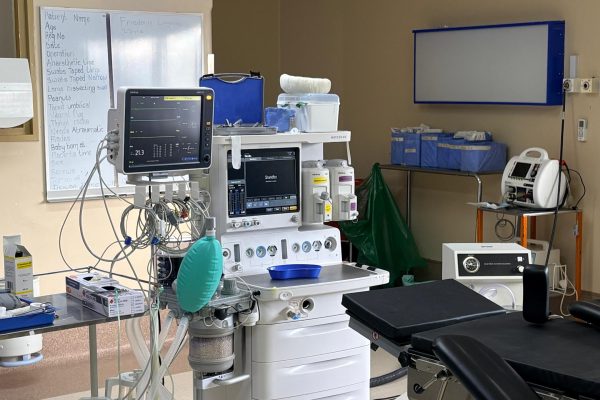
By: Nghiinomenwa-vali Hangala
The Treasury will be decreasing the budgetary allocation of low-performing projects to support the most urgent priorities.
This is to avoid the national operational budget of FY2025/26 going beyond N$89.4 billion as initially planned, in turn avoiding fiscal slippage in a financial year faced with fiscal issues.
The national treasurer, Ericah Shafudah, tabled her medium-term budget policy statement yesterday.
“In addressing these concerns within the revised revenue constraints, prioritisation of activities was considered and a reallocation of funds within and between the appropriated votes ceilings,” she stated.
N$826.4 million has been identified for reallocation, with potential realised savings of N$378.6 million from vacant positions across offices, ministries and agencies (OMAs) for FY2025/26.
Shafudah highlighted that the review is developed against a persistent slowdown in economic growth projections and fiscal challenges, including revenue shortfalls, rising public debt and debt servicing costs, and increasing demands for priority funding in line with NDP 6.
During consultations for the Mid-Year Budget Review in September 2025, Shafudah updated that additional expenditure requests to the tune of N$11.1 billion were received. This comprises N$8.2 billion for operational costs and N$2.9 billion for the development budget.
She said that the baseline scenario, if left unattended, is highly “undesirable and will lead to serious deterioration of key fiscal anchors such as the debt-to-GDP ratio levels.”
The mid-year budget review aims to provide a comprehensive update on the performance of the economy and public finances management, while outlining the key policy adjustments needed to ensure fiscal sustainability and advance the national development agenda over the next mid-term expenditure framework (MTEF) period.
Moreover, it grants the government an opportunity to improve the effectiveness of resource allocations by taking stock of the collective implementation of the national budget to date.
“This involves making the requisite adjustments and ensuring that the government remains on course to achieve planned annual development priorities,” stated Shafudah.
During the mid-year fiscal assessment for FY2025/26, the revenue out-turn reached N$36.6 billion, constituting 40 percent of the total budget estimates by the end of September 2025. The revenue collection rate has slowed, falling 10 percentage points below the performance seen in the corresponding period of FY2024/25.
The treasurer has projected that the country will realise a shortfall in revenues to the tune of N$3.2 billion for FY2025/26, as per the current projections, adding that to increase total tax collections and sustainable economic growth, continued advancements in tax administration and compliance remain crucial.
As for the government’s balance sheet, total cumulative public debt reached N$176.3 billion by the end of September 2025. According to Shafudah, this rising debt stock is compounded by a significant increase in debt servicing costs, with interest payments totalling N$6.8 billion, a substantial 6.4 percentage point increase compared to the interest expenditure of September 2024.
Debt servicing cost (interest on the country’s debt) is revised upwards from N$13.7 billion (14.8% of revenue) to N$14.3 billion (16.1% of revenue).
The biggest beneficiary of the midterm review is the Ministry of Education, Innovation, Youth, Sports, Arts and Culture, which received an added N$814 million allocation. According to Shafudah, N$663 million is to cater for registration and tuition fees for the first quarter (January-March 2026) in line with the approved stance on Subsidised Free Tertiary Education. The other N$151 million is for the recruitment of 665 teachers.
The second beneficiary is the Ministry of Health and Social Services, which will receive a total of N$185 million more for the recruitment of 1,537 health personnel.
With the reallocation, the treasurer has reduced the capital budget and increased the consumption budget. The operational budget for FY2025/26 has also been increased by N$826 million to a total of N$80.6 billion, while the developmental budget has decreased from N$9.6 billion to N$8.8 billion, representing a 9.38 percent reduction.
The global total Appropriation Amendment Bill for 2025/26 was kept unchanged at N$89.4 billion.
Going forward, the economic growth is expected to slow down to 3.3 percent in 2025, compared to the initial estimates of 4.5 percent in the 2025/26 main budget.









